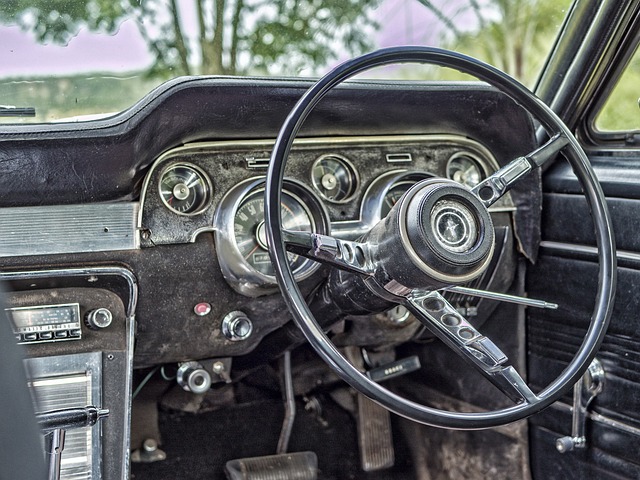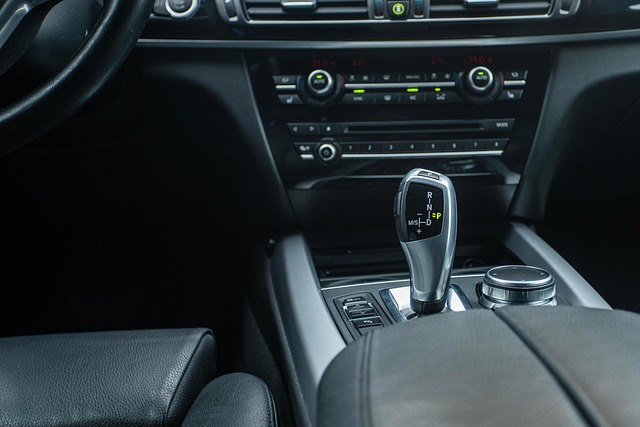Registering Your Car in California: A Step-by-Step Guide with DMV VIN Verification
Looking to register your car in California? Navigating the process can seem daunting, but with the right guidance, it’s straightforward. This comprehensive guide walks you through every step, from u…….

Looking to register your car in California? Navigating the process can seem daunting, but with the right guidance, it’s straightforward. This comprehensive guide walks you through every step, from understanding the California vehicle registration requirements to essential documents and crucial dmv VIN verification. We’ll detail the application process, fees, and post-registration maintenance tips for a seamless experience.
- Understanding the California Vehicle Registration Process
- Gather Required Documents for Car Registration
- Perform DMV VIN Verification: Steps and Importance
- Submit Applications and Pay Fees for Car Registration
- Post-Registration: Maintaining Your Vehicle's Status in California
Understanding the California Vehicle Registration Process

In California, registering a car involves a straightforward process overseen by the Department of Motor Vehicles (DMV). Before you begin, it’s crucial to understand that all vehicles must be properly registered and titled to legally operate on California roads. The initial step is to obtain necessary documents, including proof of ownership, which can often be provided through a vehicle’s Vehicle Identification Number (VIN) verification. This process, known as VIN inspection or mobile VIN verification, ensures the authenticity of your car and allows the DMV to cross-reference critical information.
A key component of registration is the DMV’s validation of the vehicle’s history. They will check for any outstanding recalls, liens, or other legal issues associated with the VIN. By conducting a thorough VIN inspection, whether through a mobile service or at a designated DMV center, you can ensure that your car meets all safety and regulatory standards before final registration. This comprehensive approach to vehicle registration in California is designed to maintain road safety and protect both owners and drivers alike.
Gather Required Documents for Car Registration

Before heading to the California Department of Motor Vehicles (DMV) to register your car, make sure you have all the necessary documents. The process involves several key steps and pieces of information. Firstly, gather your vehicle’s registration from the previous state, if applicable. This is crucial for proof of ownership. Additionally, bring along the title, which verifies that you’re the legal owner of the car. Another essential step is to conduct a DMV vin verification using your car’s unique Vehicle Identification Number (VIN). You can do this via an online tool or by visiting a local DMV office.
For convenience, many opt for a mobile VIN inspection service, allowing them to verify the vehicle’s history remotely. This ensures that all documents are in order before attempting registration, streamlining the overall process. Remember to also bring your driver’s license and proof of insurance to complete the car registration procedure successfully.
Perform DMV VIN Verification: Steps and Importance

Performing a DMV VIN (Vehicle Identification Number) verification is a crucial step in the car registration process in California. It’s a simple but essential procedure that ensures the vehicle’s history and authenticity. You can do this by taking your car to a designated DMV location or utilizing their online services. Here, you’ll need to provide proof of ownership and identify any potential issues with the vehicle, such as outstanding recalls or prior damage.
For those who prefer a more convenient approach, a mobile VIN inspection or verification service is also available. This option allows you to get the process done from the comfort of your home or even while you’re on the go. The process involves a qualified inspector examining the vehicle and cross-referencing the VIN with national databases to provide you with a comprehensive report, making car registration a breeze.
Submit Applications and Pay Fees for Car Registration

After gathering all the necessary documents, it’s time to submit your applications and fees for car registration at the California Department of Motor Vehicles (DMV). This step is crucial in ensuring that your vehicle complies with state regulations and roadworthiness standards. The process involves filling out specific forms, providing proof of insurance, and paying the required fees.
One important aspect of this process is the DMV’s vin verification, which checks the vehicle identification number (VIN) against their records to ensure the car’s history aligns with what you’ve declared. For convenience, many individuals opt for a mobile vin inspection or mobile vin verification service, allowing them to complete this step without visiting a DMV office. By ensuring all paperwork is in order and fees are paid, you’ll be one step closer to officially registering your vehicle in California.
Post-Registration: Maintaining Your Vehicle's Status in California

After successfully registering your vehicle with the California Department of Motor Vehicles (DMV), it’s crucial to maintain its status through regular compliance checks and updates. One essential step is conducting a DMV VIN verification, which ensures that your vehicle’s unique Vehicle Identification Number (VIN) matches the details in their records. This process can be done online or at a local DMV office, making it readily accessible for California residents.
Regular maintenance includes staying up-to-date with emissions tests and ensuring any changes to the vehicle’s information, such as ownership transfers or modifications, are accurately reflected on official records. For convenience, some services offer mobile VIN inspection options, allowing you to verify your car’s details at your location. This proactive approach guarantees that your California registration remains valid and in line with state regulations.
Registering a car in California involves several steps, from gathering essential documents to completing the DMV VIN verification process. By following these guidelines and ensuring all requirements are met, you can efficiently navigate the vehicle registration process. Remember, proper maintenance and timely renewals are crucial to keeping your vehicle legal on California’s roads, so stay organized and up-to-date with post-registration tasks.







